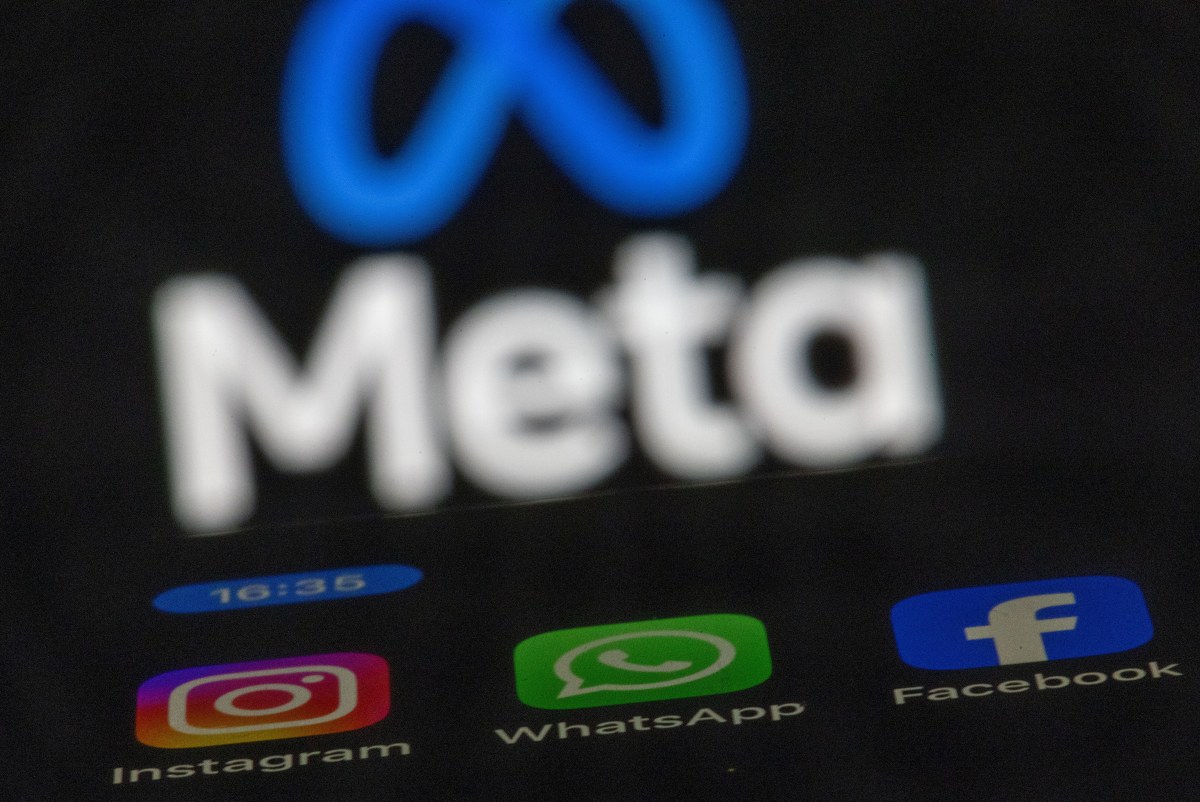As Meta faces off with antitrust regulators in the U.S. and Europe, a £2.1 billion+ Facebook U.K. class action-style competition lawsuit, which takes Meta’s market dominance as a given, is moving ahead after the social media giant lost a bid to have the litigation thrown out. The suit is seeking damages worth a minimum of some $2.7B at current exchange rates.
Dr Liza Lovdahl Gormsen, a competition law expert, is suing the parent company of Facebook, Instagram and WhatsApp over claims that it exploited U.K. users’ personal data in an “unfair bargain” — based on the contention that users had no choice but to submit to Meta’s collection and processing of their information for the company’s ad profit because of its market dominance in social networking.
“The Class Representative argues that these practices involve an unfair trading condition and/or impose an unfairly high price on users,” the litigants write in a legal notice publicizing the collective claim.
The case, which has been brought as a representative action by Gormsen on behalf of all U.K. Facebook users, covers 46 million users of Meta services in the country between February 14, 2016 and October 6, 2023.
The “opt out” collective action has already been nearly three years in the making. Gormsen originally filed the suit back in January 2022, and since then Meta has twice tried and twice failed to have it dismissed.
In the interim, a revised claim, filed in October 2023, adjusted the damages sought to between £2.1 billion and £3.1 billion (excluding interest), based on evidence provided by Professor Fiona Scott Morton. (The suit originally set damages at £2.3 billion but the number of U.K. Meta users has increased slightly vs the 44 million the suit listed back in January 2022.)
In the latest development, the U.K.’s Competition Appeal Tribunal, the court which handles litigation relating to antitrust issues, certified the collective claim, allowing it to proceed to trial. That in turn has triggered an official notice announcing the case, which includes instructions on how to opt out if impacted users choose not to be involved.
U.K. users of Facebook are automatically opted into the collective claim — meaning they must actively opt out if they do wish to be included in any potential damages or financial settlement. (Note there are no fees or other costs for inclusion.)
The case relates to Facebook users and how their data is collected on Meta-owned products outside of Facebook as well as on third-party platforms. Meta can collect people’s information through cookies or other tracking technologies, for example, or by way of information provided by advertisers, data brokers, or other partners it works with to target ads.
“Facebook has struck an unfair bargain with its users in relation to its collection of data from users on their activities outside Facebook (“Off-Facebook Data”),” the plaintiff writes in the official notice of the case. “Facebook requires users to give up Off-Facebook Data as a condition of accessing the Facebook platform pursuant to a ‘take it or leave it’ offer.”
Dr Gormsen argues that these practices involve an “unfair trading condition”, imposing an unfairly high price on users and their information. Due to Facebook’s market dominance, the claim is that users have no real alternative to using its social networks if they wish to opt out of its data collection.
“I don’t think people can connect to their family and friends in the same way on Twitter [now X], and Snapchat and all these other places,” Dr Gormsen told TechCrunch when the case was first filed in 2022. “Facebook is quite unique in the way they’re doing it.”
The amount of data that gets collected on users has been at the center of some of the most critical views of social media, spanning controversies like the 2018 Cambridge Analytica scandal but also more recent investigations into how much data apps like TikTok are able to ingest on users. This is something that the suit is also tapping into.
“Imagine yourself as a Facebook user,” Dr Gormsen told TechCrunch in 2022. “You may be aware that your data will be used by Facebook.com. But what the pixels are doing is when you use a third-party website, that of course has nothing to do with Facebook. That means Facebook has created many, many, many more data points on you that you actually knew you’d signed up to.”
Gormsen is being represented by Quinn Emanuel, and the case is being funded by Innsworth, one of the largest litigation funders in the world, which takes a percentage if the case is successful.
The litigation is notable for a few reasons.
First and foremost for the amount the plaintiffs are asking — a sum that’s bigger than some of the biggest data violation fines that have been issued to date in Europe. (On paper, the biggest fine that Meta has faced over data violations in Europe so far has been $1.3 billion, issued in May 2023.)
Second, it is placing an actual value on personal data, which some might argue is itself a contentious idea.
Third, the case, if successful, could set a precedent for how competition law might be applied by individuals in their own legal actions, as well as in other class-action style antitrust suits — a growing number of which are being filed against tech giants spanning various business domains, from marketplaces and app stores to cloud computing.
“This groundbreaking case promises to redefine the application of competition law in the context of data exploitation,” said Kate Vernon, partner and Head of Competition Litigation Practice at Quinn Emanuel, in a statement. “It sets a legal framework for approaching this pivotal matter and represents a significant shift in how we address the associated critical issues.”
We have contacted Meta for comment and will update when and if we hear back.

